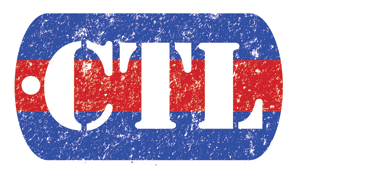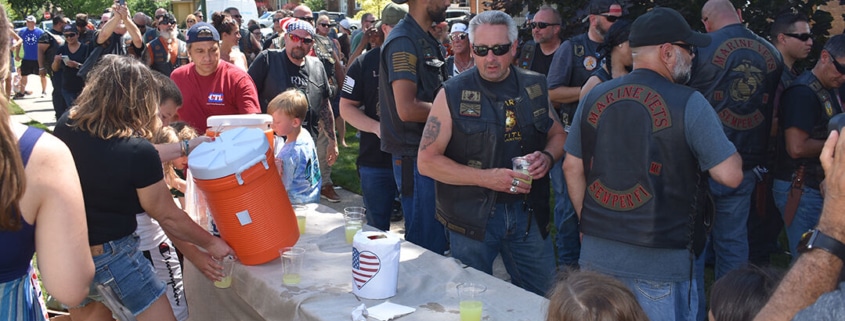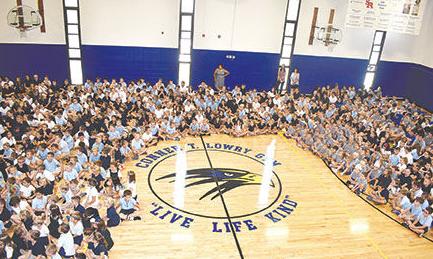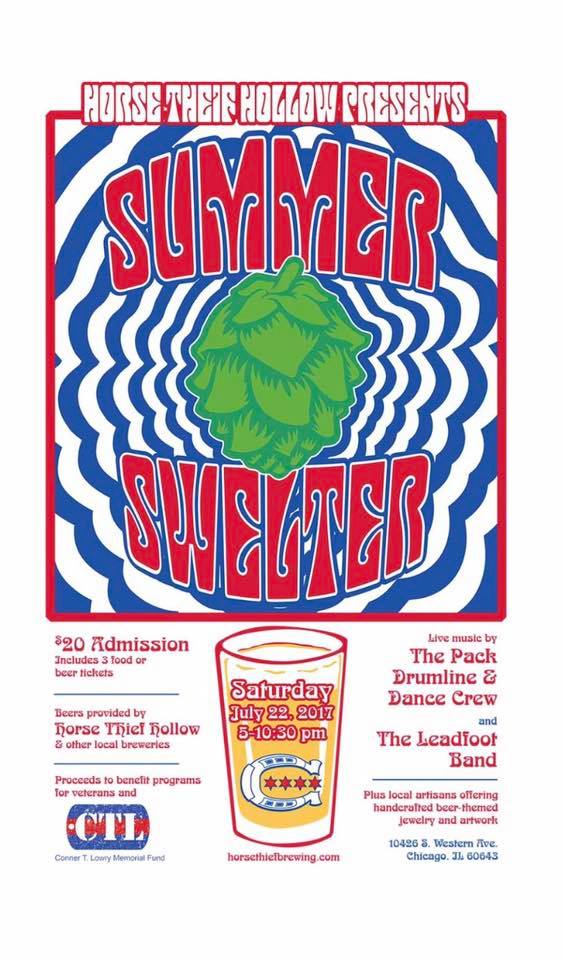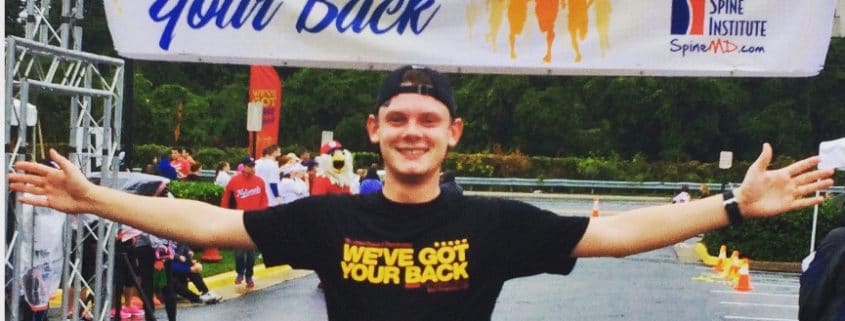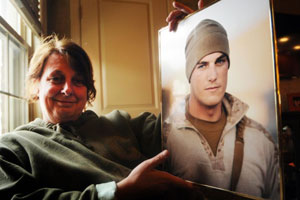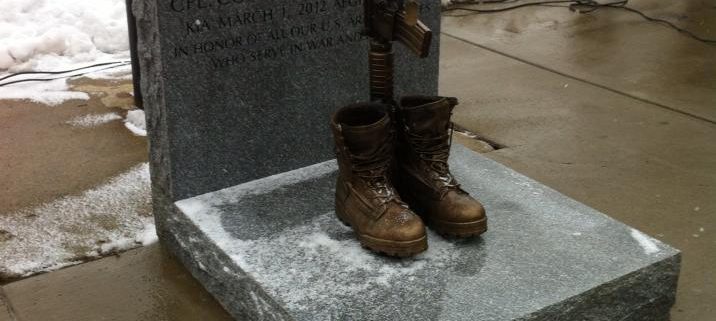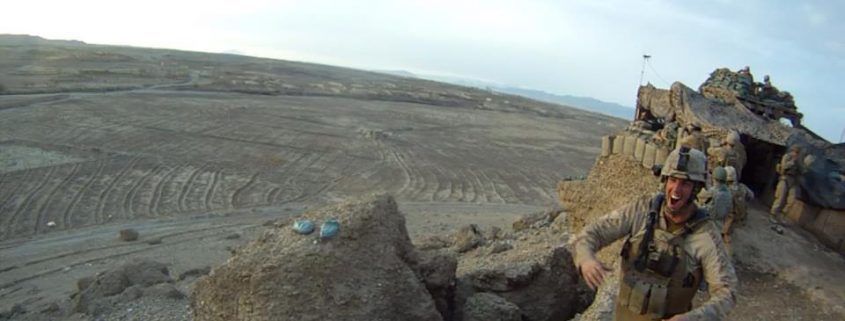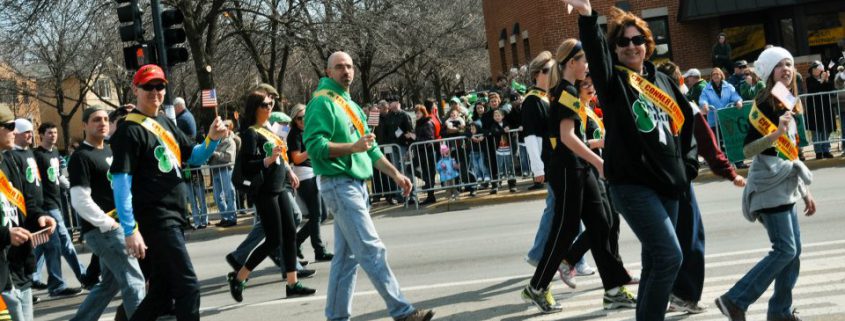Mother of fallen soldier finds solace in working with vets
By Charlie Jolie
May 22, 2016
https://www.rush.edu/news/helping-veterans-and-herself
Modie Lavin knows the true meaning of Memorial Day all too well. For her, it’s an occasion of deep sadness and profound pride, a sharp reminder of a devastating loss she healed by helping others heal as well.
An outreach coordinator for the Center for Veterans and Their Families at Rush University Medical Center, Lavin is the mother of Marine Corps Cpl. Conner T. Lowry, who died on patrol in Helmand Province, Afghanistan, on March 1, 2012. He was 24 years old. Tall, athletic, mischievous and fiercely proud of his Beverly neighborhood on Chicago’s South Side, Lowry was known for his motto, “live life large.”
Hundreds of people in Beverly lined the streets for his funeral, one of which now is named after him. Lowry also is honored with a bronzed battle cross — a memorial arrangement of his helmet, boots and dog tags, and a rifle stuck in the ground — placed in the park he cherished.
These tributes to their fallen neighbor have helped the famously close-knit Beverly community grieve. For Lowry’s mother, though, life both stopped and swirled.
“After Conner died, I spent a year at home lost in a walking nightmare,” recalls Lavin, a single mother of two and empty nester. “My heart knew I was surrounded by wonderful people, but I was in a haze. I could not move.”
‘Conner has handed me a blank canvas’
A self-employed decorative artist for 17 years, Lavin’s watched her business crumble in the year following Lowry’s death. She looked for a new job as much to give her a reason to get out of bed as to provide her with an income.
“It could have been any job, but something was pushing me towards anything that dealt with veterans,” she says. She found a job as a veterans program facilitator for the Chicago Park District, developing programs and coordinating events with the district, the Jesse Brown VA Medical Center and other community service providers.
Working on veterans’ issues, Lavin started to understand that “the more I did, the more I healed.” Looking to make an even greater impact, she joined the Center for Veterans and Their Families, also known as the Road Home Program, in 2015 as an outreach coordinator focused on families.
She raises awareness in Chicago-area communities about the Road Home Program by connecting directly with families and partnering with other veteran and family service providers. “Through these relationships, be it meetings, forums, events or casual talks, I am able to identify veterans and their families who might be in need of the services we provide,” Lavin says.
“I always thought my true calling in life was my art, but I feel Conner has handed me a blank canvas,” she says. “Each veteran or family member I can help is like a brush stroke on that canvas. When I’m done with this work I feel I will have created my true masterpiece.”
Traveling a road to healing together
Through the Road Home Program, which helps local veterans transition to civilian life, Rush became the first academic medical center in the Midwest to partner with local Veterans Affairs facilities to provide mental health care and social service coordination to military veterans and their families. Family members are typically not eligible for VA medical benefits, but when a when a veteran suffers, the vet’s family suffers as well. Incorporating spouses and children into therapy and counseling greatly aids their transition to civilian life.
“Combat is not just limited to a specific battle, or even our military fighting that day. Too many of our military service members continue to fight demons when they return,” Lavin says.
She adds that she is proud to “work in a place of healing as I heal.” At times, she’s felt as if her son is with her as she’s helping veterans.
‘Think about what the flag and Memorial Day mean’
That Lowry would be an inspiration to help fellow Marines is no surprise to the men he served with and fought beside. “When morale was down, we could count on Conner to lift Marines’ spirits,” says Marine Cpl. Christian Huerta, a cannon crewman and fire team leader who served with Lowry. “He was a true leader who did whatever was needed to take care of his fellow Marines.”
While Lavin is proud to be taking care of veterans and their families, and comforted by this work, the pain of her son’s death can return in an instant. Memorial Day weekend is an especially draining mix of activities and emotions, including frustration that was intended as a day of solemn remembrance has become for many merely the unofficial kickoff to summer.
“I used to put out the flag just like everyone, but now I just want Americans to think about what the flag and Memorial Day mean,” Lavin says. “People can still have barbecues and stores advertise mattress sales,” but she wishes they also would attend a parade, hold their hand over their heart when they pass a cemetery filled with graves strewn with flags, and take a moment to reflect about the blood that was shed “so they are free to have barbecues and shop the Memorial Day sales.”
She recognizes that trying to think about all the servicemen and women who have died in battle can be overwhelming or too abstract. Instead, Lavin suggests acknowledging veterans’ sacrifices just by trying to think of one fallen military member who paid the ultimate sacrifice for our country and how large they didn’t get to live.
